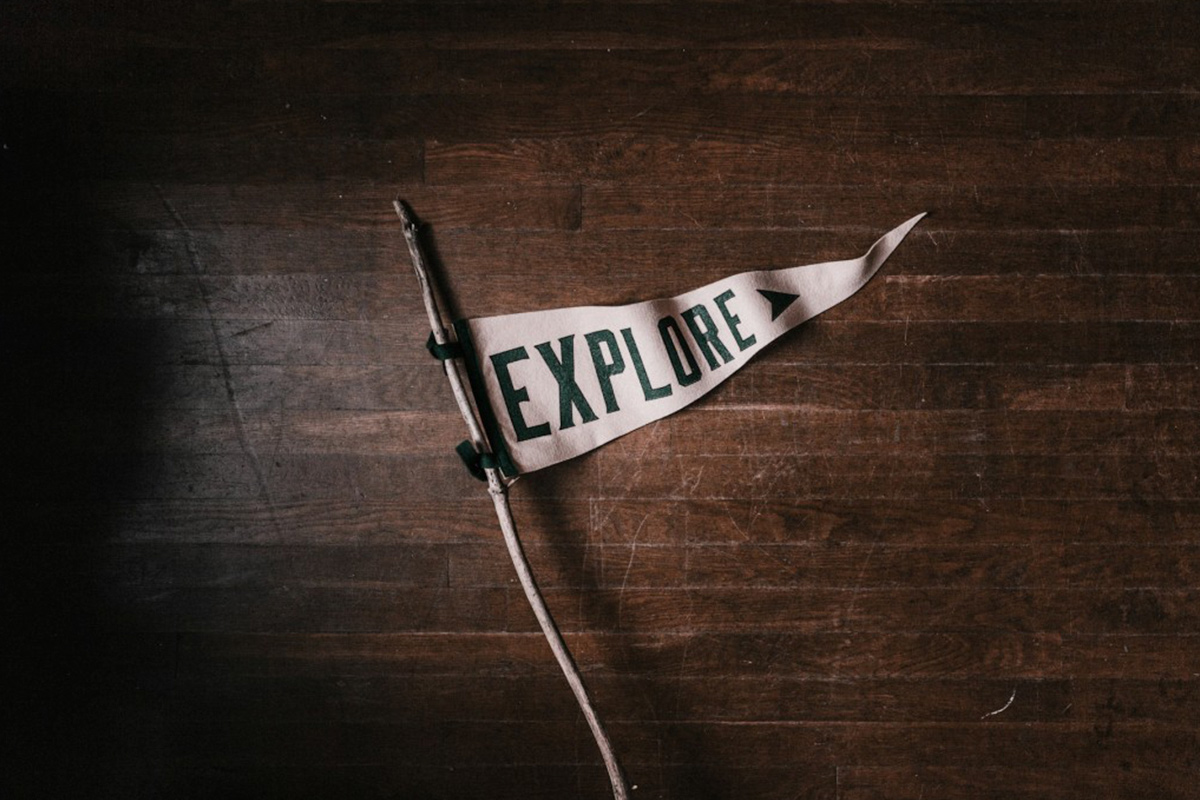If you clicked to read, you are likely curious. And that’s a good thing.
I have always been curious, wanting to know what, and why and how. Probably no surprise then that I ended up as a psychologist.
That big dose of curiosity helped me be a good therapist, exploring alongside my clients how things ended up as they did, what they felt and how they reacted to those feelings, then what might need to change for things to improve. Curiosity then led me into entrepreneurship and growing a business, starting from the question “How could wellbeing at work be better?”
Curiosity brings a wealth of benefits.
Higher levels of curiosity are associated with greater creativity, higher levels of innovation as well as greater job satisfaction and work engagement.
Importantly, if you are being curious, then it is very hard to also be angry, fearful or defensive.
Curiosity can be both a momentary state as well as a morelasting strength. And for nearly all of us curiosity can be cultivated and developed. For anyone who wants more you may have wondered – can we generate more curiosity in our lives and work? And if so, how?
A meta-analysis published in Current Psychologycombined 41 randomized, controlled of about 4,500 people. Each of the trials employed some kind of curiosity enhancing intervention, and largely, the researchers found that these did boost participants’ curiosity.
Most notably, interventions introducing mystery and using games to increase curiosity were especially effective. Those aimed at general curiosity also proved more effective than interventions focusing on a specific area or subject. The researchers concluded that emphasising curiosity via obtaining new knowledge or testing new skills may be relevant in work and education settings.
Where might you start? Mystery could be as simple as starting a meeting with a question to explore, rather than an agenda. Just as easily, it might involve watching a fascinating Ted talk on a relevant topic or having someone do a deep dive into an area of interest.
For more ideas, here’s an excellent read:
or see the Google talk:
https://www.youtube.com/watch?v=2nL6Ukd4Q9M
Talk with us for a strategy to develop more curiosity with your teams.
Photo by Andrew Neel on Unsplash

